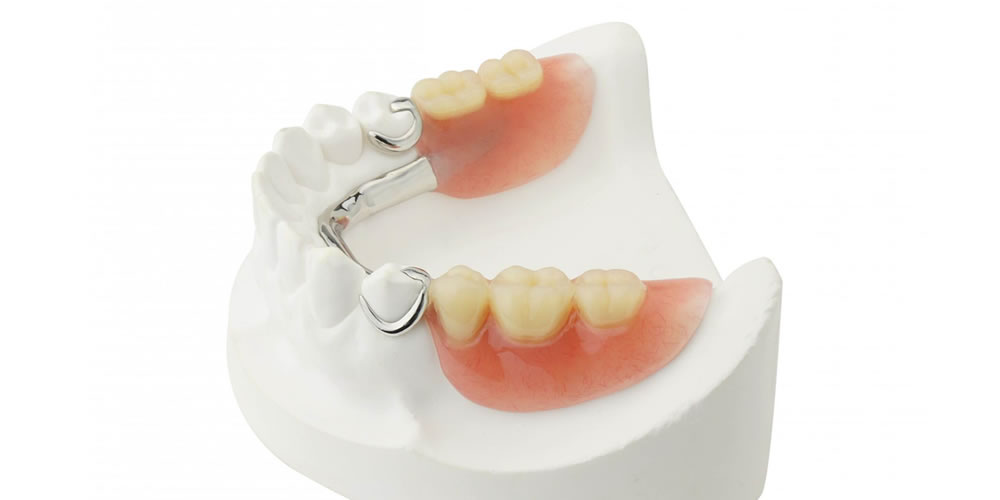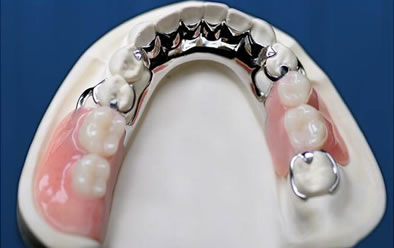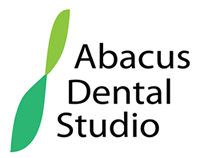
If you have some of your own natural teeth, you may only need a partial denture to fill in the gaps left by missing teeth.
 Partial dentures usually consist of a metal or plastic plate with a number of false teeth attached.
Partial dentures usually consist of a metal or plastic plate with a number of false teeth attached.
These are either fastened to your natural teeth with a metal clasp so they can be unclipped and removed, or crowns are placed over some of your natural teeth to serve as anchors for the denture.
Start Smiling Again With Partial Dentures
We offer partial dentures to those in Theale, Thatcham, Newbury and wider areas of Reading. If you have experienced tooth loss but have retained some of your own natural teeth, you may only need a partial denture to fill in the gaps. Partial dentures usually consist of a metal or plastic plate with a number of false teeth attached. These are either fastened to your natural teeth with a metal clasp so they can be unclipped and removed, or crowns are placed over some of your natural teeth to serve as anchors for the denture.
Signs You Need Partial Dentures
Consider acquiring partial dentures if you:
- Are missing one or more teeth in an arc, where the remaining teeth can be saved
- Are missing teeth due to trauma, such as an accident or incident where you’ve have had teeth knocked out by force
- Have loose or at risk teeth that threaten your overall oral health – this is a pre-emptive consideration if you anticipate these teeth will need to be pulled
- Require a temporary measure to preserve your bite and smile while you consider more permanent options
Why Do I Need Partial Dentures?
A missing tooth puts strain on the surrounding teeth and exposes the open gums, which will eventually cause damage to your bite and lead to further misalignment. This in turn can cause new and unhealthy shifts that increase the chance of infection and gum disease.
What Are The Different Types of Partial Dentures?
There are different types of materials for both the fixture and the false teeth of partial dentures. This list covers a few of them, as well as the methods used to apply them:
- Removable Partial Dentures – These partial dentures are applied and removed daily, and fastened with an oral adhesive. They are considered an alternative to a dental bridge, which cannot be removed.
- Acrylic Partial Dentures – This refers to the base of the dentures, which is made to resemble gums, and are used as temporary or removable dentures.
- Cast Metal Partial Dentures – As the name indicates, these are cast metal bases like the cobalt chrome variety detailed in this page’s FAQ. These can be attached to acrylic to mimic the aesthetics of natural gums, while still maintaining a more durable frame.
- Flexible Partial Dentures – The clasps and base are both made from the same gum-like material. The downside is that their creation process makes repairs more complex, which may lead to the wearer requiring a new set more often.
How to Care for Partial Dentures
You care for a fixed set of partial dentures in the same fashion you would natural teeth – by brushing and using an oral rinse as recommended or prescribed by your dentist. They are susceptible to many of the same complications as natural teeth, such as plaque buildup and gum disease from bacteria, minus the ensuing decay that would occur in natural tooth enamel.
Removable dentures are cared for the same way you’d care for a full removable denture set; that is, brushing them with the recommended tool, cleaning them with water, and immersing them in a denture cleaner as often as prescribed.
Frequently asked questions about partial dentures
What are Cobalt Chrome Dentures?
Cobalt Chrome dentures have a metal base plate or framework that sits on and around the natural teeth onto which denture teeth are attached by acrylic.
How do Cobalt Chrome Dentures Work?
Stability (not rocking) and retention (grip) come from the metal framework gripping the natural teeth so will be affected by both the number and position of your remaining teeth.
The denture design is also critical. Time must be spent on the planning and preparing the teeth to make sure the denture has the best possible grip and resistance to your chewing forces.
They can be ‘tooth borne’, (supported just by your teeth) which is always preferred where possible or ‘tooth and mucosal borne’ denture, (supported by both teeth and mucosa).
What Are The Advantages of Cobalt Chrome Dentures?
- Most comfortable to wear
- Easiest to adapt to
- Smaller, thinner and more streamlined
- The best grip (retention)
- Best chewing experience
- The most hygienic
- Very close fitting and precise
- Are designed specific to each mouth- numerous features can be incorporated to improve the denture.
- Can use precision attachments
- Very strong
- Patients have good confidence in wearing them.
- Clasps can easily be tightened to increase the grip.
Schedule an Appointment With Us Today
We hope this page helped you understand if partial dentures are the right option for you. Contact us with questions about our partial denture offerings, or schedule an appointment if you’d like a professional assessment in person.
